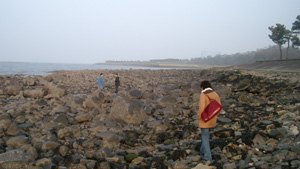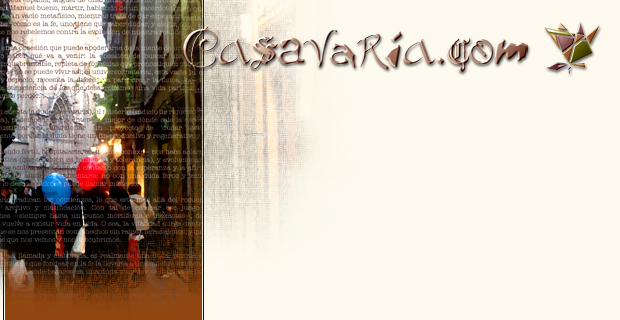THE MEDICINE OF ACQUIRING KNOWLEDGE
Through the work of writing, I have learned first and foremost that nothing is what it tells us it is, because there is always another level, another way to play at naming, with reality, to bend untruths to be more true, as medicine, as savior, as demon filtered for taste, remembrance.
I have learned this, because writing teaches a person about language, and language teaches a person about existence in the human sense, existing as a human being, as an individual who is capable of not only perceiving and manifesting, but also articulating an identity. And what the art of assembling words and their meanings teaches, as one learns what it is to forge new territory, to construct a landscape, to admire and to fear the rules that govern such activity, to honor and to evade those rules, what the whole process teaches is that experience happens in much the same way as language happens. There is a point of contact (a moment in time, a location in space, a 'situation' unique in itself) where experience happens, where it is gained, where we participate in its construction and it comes into being, and meaning accrues and something is stated, however quietly.
Language is that point of contact in the abstract, that plane where the intellectual life within us is enabled to assert itself as part of the overall experience of living. Language is that plane where the individual self is allowed repeated attempts at manifestation. What takes place in the process of writing, in the spilling of ink or the posting of digital characters, the slip toward defining a landscape, however brief, is the sanctification of an individual, and by extension of the human condition as such.
I could write a barrage of symphonic lunatic musings, trouble the world with my troubles, obsess, come apart at the seams, but instead, I will have breakfast and read a preferred selection with a soothing lilt, wake and exist and put myself to bed at night with an electrical hum, the din of an untroubled world, penetrating where I dwell and possess myself in solitude. The choices we make in our experience have in many ways the consistency of the written word: they persist in their meaning insofar as we ask them to, and they fade away from the initial intent as we lose touch with that part of ourselves responsible for bringing them into our biography. Whether the mind engages its own work with a spirit of dissatisfaction or of pleasure, the experience of engaging the mind as such, of taking note of one's internal existence, is akin to the expressive moment; contemplation becomes language as the individual seeks to emerge from the wells of the internal unknown, and to put a shape and a face on what was found.
Everything, in the writerly/readerly moments when such tensions become apparent, is like medicine, for better or for worse. The medicine stays with us, changes our line of sight, molds our favorite haunting, guides us to water, dips us clean, refurbishes us in our tattered elegance of everyday. The changing and refurbishing of one's private world, even as it is the public face of that private self that is designed or reconfigured, is an intimate description of the process by which every intellect acquires knowledge. Accepting that experience and imagination come together on a plane between the two, and that there a vision of reality or of an individual's experience thereof is formulated by the coming together of experience and imagination, that is recognition of what knowledge is, how it works, and why it must evolve if it is to be honest.
The honesty of knowledge, as opposed to its imagined truth, is a topic for another time, but it ties into the medicinal uses of writing and naming. Not every person is a writer, by trade, nor should they be, but there is something about the act of writing that serves the writing individual as if it were a medicine for selfhood, a healing venture into clean waters. Especially so when its intent is to be expressive of secret regions of the mind or to lay out new experimental vessels for such expression. It is the inherently, unavoidably, persistently semi-distant nature of all individual experience (sensorial, intellectual, emotional, spiritual) which writing not only addresses but reiterates and re-presents, thus serving as a means for understanding more deeply and reinterpreting the difficulties and the joys of what occurs in the endless flux of daily... temporal... human... existence.
© 2002 Joseph Robertson
![]()
|
OUR COLLECTIVE STUDY OF THE UNIVERSE
WHY INDIVIDUALS WANT TO BENEFIT FROM ONE ANOTHER'S KNOWLEDGE
People want to believe what their friends, neighbors, teachers, political representatives tell them. They will express skepticism, and they will be brash and indignant about public scandals or about dubious claims, but ultimately, they err on the side of credulity. The civil actor, the human being in society, is able, as a tool of standard use, to suspend disbelief and participate in sometimes elaborate fantasies, in the interests of sustaining the feeling of belonging to a broad human undertaking. [Full Essay]
![]()
All text & images Copyright © 1995-2008 Casavaria,
or listed contributor :: Casavaria Languages: Català | English | Español | Français | Galego | Italiano | Português | Svenska











